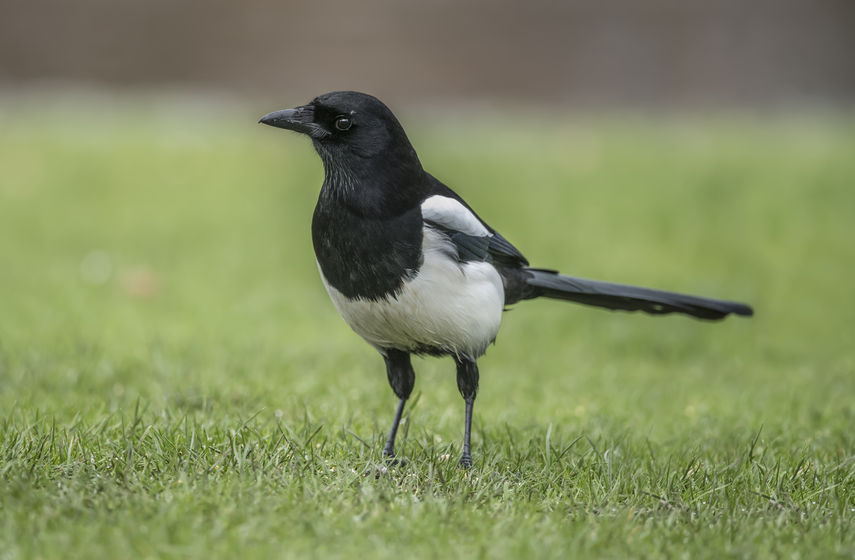
New research shows that predation control of corvids, known as the crow family, can improve the breeding success of farmland hedgerow-nesting songbirds.
Scientists at the Game & Wildlife Conservation Trust (GWCT) carried out a large field experiment between 2011 and 2014, which is described in a recently published scientific paper.
Over the four years, they worked with farmers and estate managers in southern England at 32 paired sites each around 4 km2 in area, studying four different pairs per year.
At random within each pair of sites, crows and magpies (corvids) were removed at one site by gamekeepers or other trained staff during the breeding season using best-practice trapping techniques; no removal took place at the other site.
The nesting success of breeding birds was measured by the GWCT research team using a new fledged-brood counting method.
Nest success
The key finding was that overall nest success of the hedgerow-nesting songbird community was down by 10 per cent in non-removal sites on average relative to removal sites over the four years.
Excluding 2012 data because of exceptionally high spring rainfall that year, in the other three years nest success was down 16% in the non-removal sites on average relative to removal sites.
Previous research has indicated that, in these habitats, corvid control benefits songbirds.
Lead scientist on the experiment Dr Rufus Sage, head of lowland game bird research at the Trust, said: “We know that corvids, particularly crows, can reduce breeding output in some ground-nesting birds.
“Our field experiment indicates for the first time that controlling corvids can improve breeding success in hedgerow-nesting songbirds as well. For some, but not all, species this can affect population size.
“We suspect that magpies are probably more predatory of hedgerow-nesting songbirds than crows because they are smaller and more adept in this habitat.”
'Major undertaking'
Conservation of farmland songbirds is an important issue because of ongoing population decline, and is in line with Defra Secretary Michael Gove's stated intent for future support of farming post-Brexit.
Robert Middleditch, chairman of SongBird Survival which funded the project, said that the charity was delighted to have commissioned it.
He said: “It has been a major undertaking, carried out over several years, so we would like to thank all those farmers, land owners/managers and fieldworkers who have helped contribute to the success of the project, and our members and donors who funded it.
“Predator removal experiments are acknowledged by many researchers as the best way to obtain evidence of whether predators limit the breeding output of songbirds. Evidence that songbird breeding success was limited by predation was felt by some, previously, to be weak.
“These research findings provide clear evidence that corvid control can increase hedgerow songbird breeding success.”
